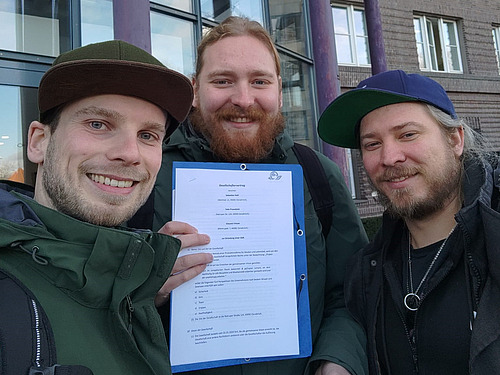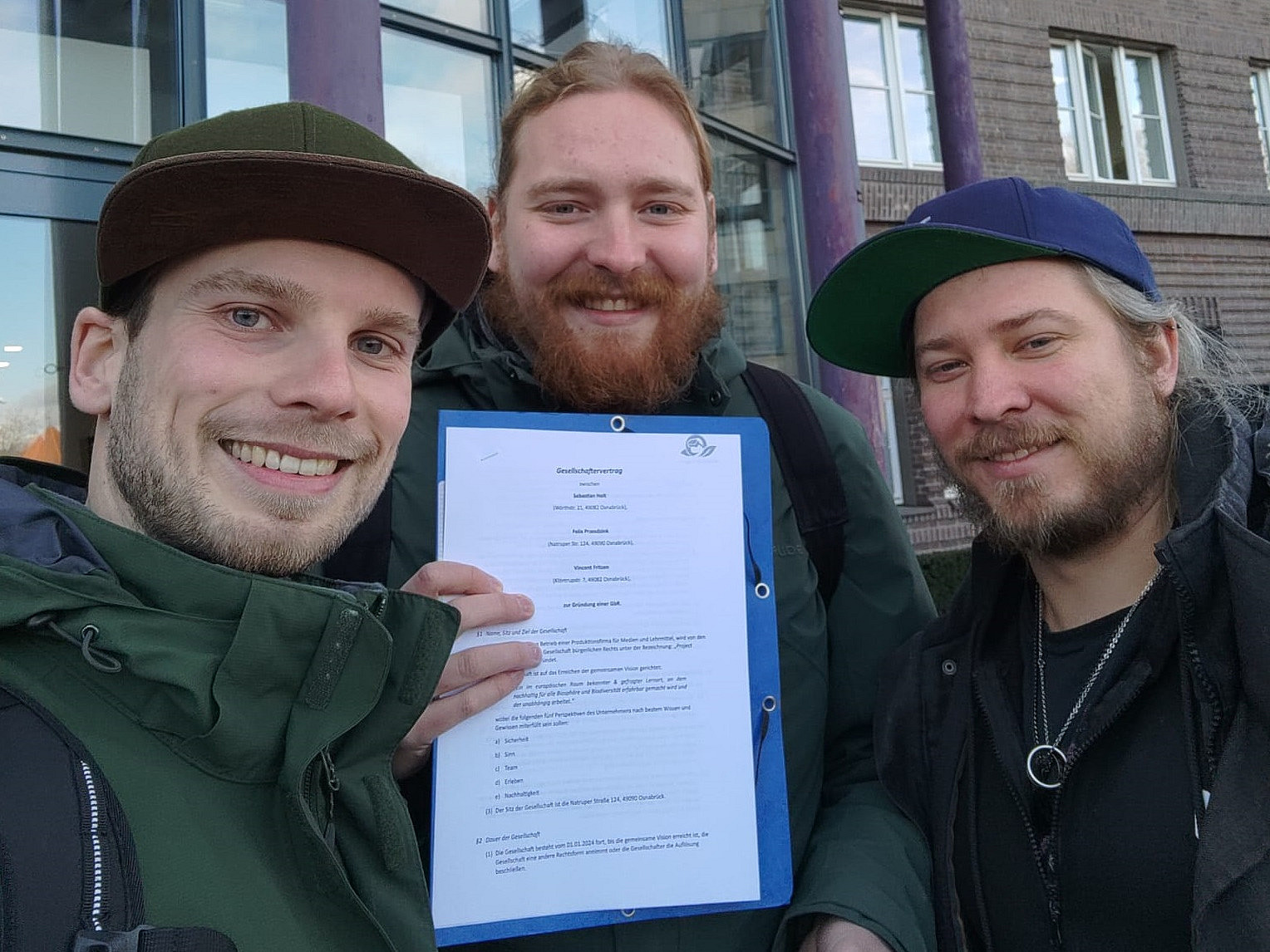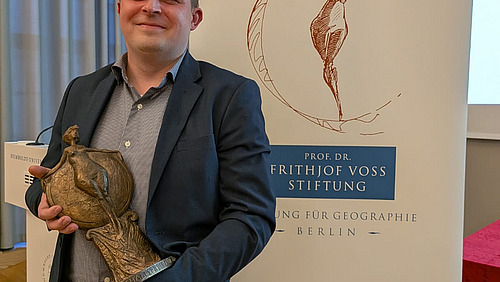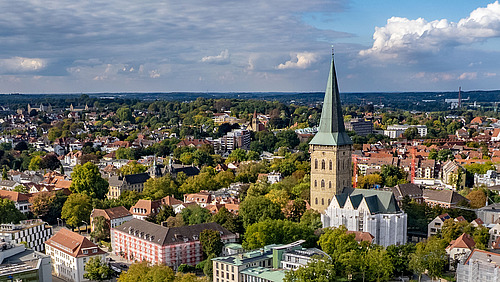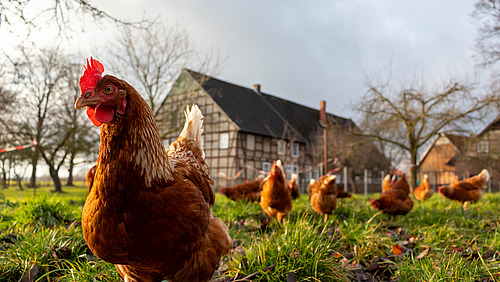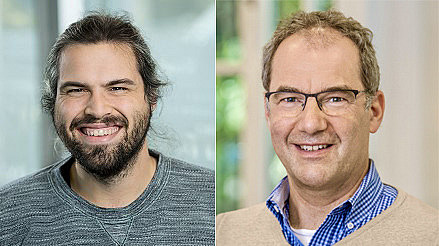The company was founded a year ago by Vincent Fritzen, Sebastian Holt and Felix Przesdzink from the Department of Biology Didactics at Osnabrück University. Since then, the team has been successfully producing innovative educational media with a focus on environmental and sustainability topics.
"This spin-off is a classic win-win situation," emphasizes Prof. Dr. Kai-Uwe Kühnberger, Vice President for Research Social Dialog and Outreach. "The founders put their academic knowledge into practice effectively, and the university in turn benefits from valuable impulses and increased networking in the region." Sonja Schulze, Transfer Officer at the university, also emphasizes the importance of the spin-off: "Project Biosphere impressively demonstrates how innovative research can lead to successful applications."
The founding team combines sound scientific expertise, pedagogical skills and creative media design. Felix Przesdzink is doing his doctorate at the University of Osnabrück on the networking of environmental protection actors, while Vincent Fritzen and Sebastian Holt are studying to become teachers in biology - Fritzen with a minor in physics, Holt with a minor in art. Already in the early stages of their academic careers, they gained extensive experience in the development of didactic materials and the production of multimedia content.
A key project in their early collaboration was a virtual Costa Rica excursion with apl. Prof. Dr. Klaus Mummenhoff, which was created as a digital course in 2022 and turned into a 15-part YouTube series "Discovering Costa Rica" on the university's YouTube channel in 2023/24.
Inspired by these positive experiences in the projects, the three decided to turn their passion for nature film and education into their own company. The team received a great deal of support from biology didactics expert Dr. Florian Fiebelkorn. Since the company was founded, the team has created innovative educational media such as the "Slime in Biology" project for the Institut für Film und Bild in Wissenschaft und Unterricht gGmbH. The team is currently working on an educational medium on climate-friendly land use in moors and a "learning adventure" on the subject of biodiversity. At the same time, a multimedia learning platform is being constructed and the production of a first television documentary is being prepared.
"Our vision is to create scientifically sound, visually appealing and didactically high-quality educational media that make complex environmental issues understandable and tangible," explains Felix Przesdzink. Project Biosphere relies on an interdisciplinary approach that integrates modern technologies such as drone footage and 360-degree videography. With one year of success under its belt, Project Biosphere is optimistic about the future. "We want to play an active role in shaping the educational media landscape and develop innovative formats that combine science and media at the highest level," adds Sebastian Holt. The close connection to Osnabrück University and the expertise of the Department of Biology Didactics will remain.
More info
Further information for the media:
Felix Przesdzink
felix.przesdzink@uos.de
